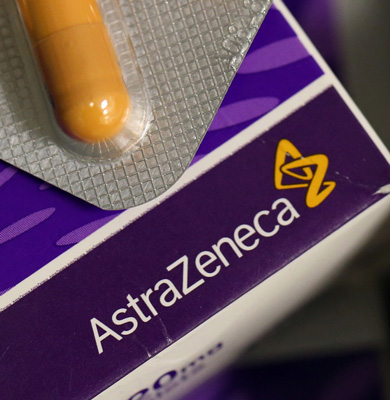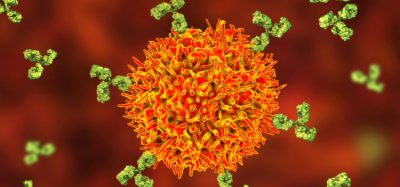AstraZeneca confirms talks with Acerta Pharma to acquire the company for $5 billion
Posted: 14 December 2015 | Victoria White (European Pharmaceutical Review) | No comments yet
AstraZeneca today confirmed that it is in talks with Acerta Pharma to acquire the company in a potential deal worth $5 billion.


In a statement, AstraZeneca said it is “exploring potential strategic options” with Acerta.
On Friday, the Wall Street Journal reported that AstraZeneca was interested in Acerta and, in particular, its cancer drug acalabrutinib.
Acalabrutinib, also known as ACP-196, is a novel, orally bioavailable, second-generation, irreversible inhibitor of Bruton’s tyrosine kinase (Btk) that was rationally designed to be more potent and selective than existing Btk inhibitors. Acerta is currently developing acalabrutinib in multiple hematologic malignancies and solid tumors, as well as rheumatoid arthritis.
Acalabrutinib demonstrated a 95% overall response rate in CLL trial
Data from a Phase 1-2 clinical trial of acalabrutinib in patients with relapsed chronic lymphocytic leukaemia (CLL) were recently announced by Acerta. Investigators reported an overall response rate of 95% at a median follow-up of 14.3 months. The most common adverse events were headache, diarrhoea, and increased weight. Most adverse events were grade 1-2, self-limiting and resolved over time. No patient experienced major haemorrhage, atrial fibrillation, or Richter’s transformation, and only one patient’s cancer progressed.
Commenting on the data from the trial of acalabrutinib, John C. Byrd, MD, of The Ohio State University Comprehensive Cancer Centre, said, “The data is very exciting. What is particularly remarkable is how well patients are tolerating this therapy. Btk inhibitors are transforming CLL from an incurable to a chronic disease, especially considering that standard CLL therapies typically produce a 35-40 percent response rate in this disease setting.”









